First Automotive Repairs And Maintenance Tips
Ellie Moore
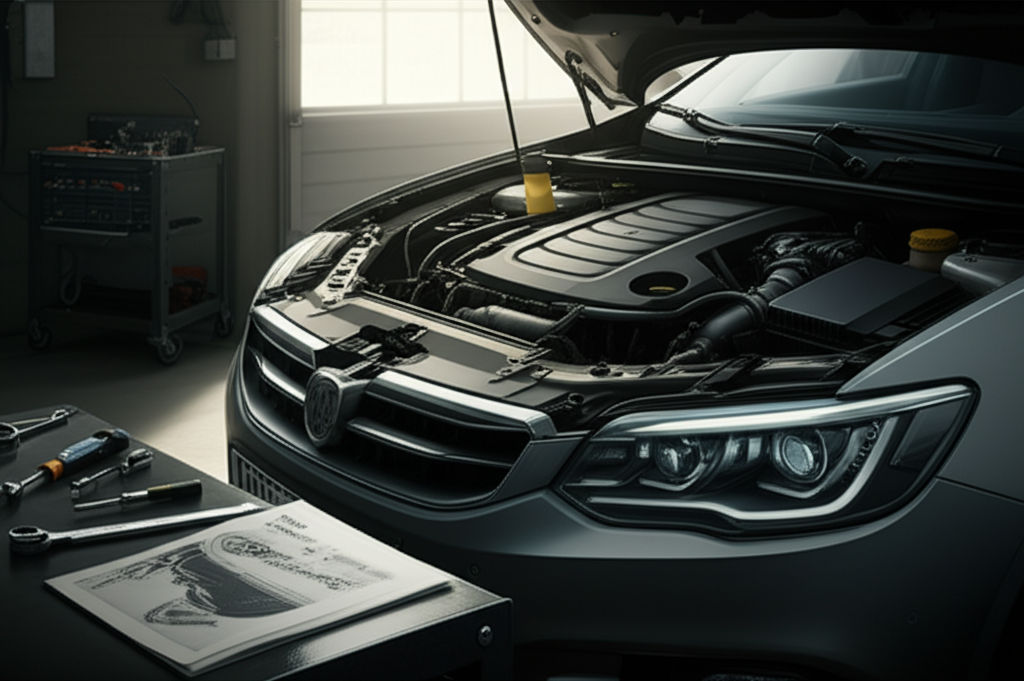
Photo: Unlock confident car ownership! Our guide for new owners covers essential auto repairs & maintenance for safety, longevity, and savings.
Your First Car: Essential Automotive Repairs and Maintenance Tips for New Owners
Getting your first car is a thrilling milestone, a symbol of independence and new adventures. But with this newfound freedom comes a crucial responsibility: keeping your vehicle in top condition. For many, the world of automotive repairs and maintenance can seem daunting, filled with unfamiliar terms and complex machinery. However, understanding the basics of car care is not only empowering but also essential for ensuring your safety, extending your vehicle's lifespan, and saving you from unexpected, costly repairs down the road.
This comprehensive guide is designed specifically for new car owners, breaking down the mysteries of vehicle upkeep into actionable, easy-to-understand tips. We'll explore everything from routine preventative maintenance to recognizing common repair needs, helping you navigate the journey of car ownership with confidence and expertise.
Why Regular Car Maintenance Matters
Think of your car as a living organism; it needs consistent care to thrive. Neglecting regular maintenance can lead to a cascade of problems, from decreased performance and fuel efficiency to serious safety hazards and expensive breakdowns. Proactive care, on the other hand, offers numerous benefits:
- Enhanced Safety: Properly maintained brakes, tires, and steering systems are critical for safe driving, significantly reducing the risk of accidents.
- Improved Performance and Fuel Efficiency: Routine servicing, such as oil changes and air filter replacements, ensures your engine runs smoothly and efficiently, leading to better acceleration, responsiveness, and fuel economy. A well-tuned engine can improve fuel economy by an average of 4%.
- Extended Vehicle Lifespan: Consistent maintenance prevents wear and tear, allowing your car to operate effectively for a longer period. Addressing minor issues promptly can prevent major, costly repairs.
- Higher Resale Value: A vehicle with a documented maintenance history is more attractive to potential buyers, demonstrating that the car has been cared for and leading to a higher resale value.
- Reduced Repair Costs: Catching small problems early on through regular checks can prevent them from escalating into major, expensive repairs.
Getting Started: Your Owner's Manual is Your Best Friend
Before you even pop the hood, the very first step for any new car owner is to read your vehicle's owner's manual. This often-overlooked book is your car's personal handbook, packed with vital information specific to your make and model. It outlines recommended maintenance schedules, fluid types, tire pressure specifications, and explains what each dashboard warning light means. Keeping it in your glovebox for easy access is always a smart move.
Essential Preventative Maintenance Tips
Preventative maintenance is about taking proactive steps to keep your car healthy and avoid major issues. These are tasks you can often do yourself or have a professional handle regularly.
Check Your Fluids: The Lifeblood of Your Car
Your car relies on a variety of fluids to operate correctly. Regularly checking and topping them up is paramount.
- Engine Oil: This lubricates moving parts, prevents wear, and dissipates heat. Check your oil at least once a month using the dipstick, ensuring it's within the recommended range. Oil should be changed periodically, typically every 5,000–10,000 miles (or 3,000 miles for older cars), or as recommended in your car manual. Always replace the oil filter during oil changes, as a dirty filter can contaminate fresh oil.
- Coolant (Antifreeze): This prevents your engine from overheating. Ensure levels are between the minimum and maximum markers on the overflow tank. Never remove the radiator cap when the engine is hot.
- Brake Fluid: Crucial for proper brake system function, low brake fluid can compromise braking performance. Check the brake fluid every time you change the oil; if it's dark, it needs changing sooner.
- Power Steering Fluid: Aids in smooth steering.
- Transmission Fluid: Keeps gear shifting smooth.
- Windshield Washer Fluid: Essential for clear visibility.
Tire Maintenance: Your Car's Only Contact with the Road
Your tires are fundamental to safety, fuel efficiency, and handling.
- Tire Pressure: Check your tire pressure at least once a month and before long trips. The correct PSI (pounds per square inch) is usually found on a sticker inside the driver's door or in your owner's manual. Proper inflation helps maintain even tire wear, improves fuel efficiency, and enhances vehicle handling.
- Tread Depth: Regularly inspect tires for wear, splits, or bulges. Minimum tread level is 1.6mm, though 3mm is advisable in winter for better traction.
- Tire Rotation: Rotate your tires every 5,000 to 8,000 miles to ensure even wear and extend their lifespan.
- Wheel Alignment: Check alignment at least once a year. Proper alignment enhances handling and steering response, and reduces stress on suspension components.
Brake System Inspection: Your Lifeline
Your brakes are vital for safety.
- Brake Pads: Pay attention to squealing noises or reduced braking effectiveness, which indicate worn brake pads. Regular inspections catch problems before they worsen.
- Brake Fluid: As mentioned above, check fluid levels regularly.
Battery Health: Powering Your Drive
A healthy car battery ensures reliable starting.
- Terminals: Keep battery terminals clean and ensure the battery is securely fastened. Clean off any corrosion with hot water and apply petroleum jelly (though be aware petroleum jelly can hinder conductivity over time).
- Starting Issues: Be on the lookout for sluggish engine starts, an early sign your battery may be at the end of its life.
Lights and Wipers: See and Be Seen
- All Lights: Regularly check headlights, turn signals, brake lights, and parking lights. Have a friend help you ensure everything is working.
- Wiper Blades: Replace worn wiper blades for clear visibility, especially in harsh weather.
Air Filters: Breathing Easy
- Engine Air Filter: A clean air filter allows for proper airflow, preventing contaminants from entering the engine and improving fuel efficiency and performance. Replace it as per your manual's schedule, typically every 12 months or 12,000 miles.
- Cabin Air Filter: This filters the air you breathe inside the car. While less critical for engine performance, it's important for air quality.
Understanding Dashboard Warning Lights
Your car's dashboard is its primary way of communicating with you. These warning lights are connected to various sensors and alert you to potential issues. Understanding their meanings is crucial for timely action.
-
Color Codes:
- Green/Blue: A system is functioning correctly or is in use (e.g., high beams, cruise control).
- Yellow/Amber: Signals caution; something isn't working correctly and needs to be checked soon (e.g., tire pressure warning).
- Red: Indicates a serious problem requiring immediate attention. Stop driving as soon as it's safe.
-
Common Warning Lights:
- Check Engine Light (Engine Icon or "Check Engine"): Can indicate a range of issues, from a loose gas cap to severe engine malfunctions. If steady, schedule service soon. If flashing, pull over safely and contact a mechanic immediately.
- Oil Pressure Light (Oil Can Icon): Signals low oil pressure. Stop driving safely and check your oil level; continuing can cause significant engine damage.
- Battery Warning Light (Battery Icon): Indicates an issue with your vehicle's charging system. While you might be able to continue your current journey, the battery will eventually run out, and the car won't start.
- Brake Warning Light: If not the handbrake, it could mean low brake fluid or a problem with the braking system. Get it checked immediately.
- Tire Pressure Warning Light: Comes on when tire pressure is too low. Check your tire pressure and inflate as needed.
Always refer to your owner's manual for specific meanings, as symbols can vary slightly between vehicles.
Common First Automotive Repairs
Beyond routine maintenance, new car owners might encounter certain repairs. Knowing what to expect can help you prepare.
Finance & Investment
View All
May 12, 2025
Capital One Auto Financing HelpElevate your online presence! Expert SEO content drives visibility, builds authority, and boosts rankings with high-quality, user-focused information.
Ellie Moore

November 14, 2025
What Is Finance and ManeuverMaster expert SEO content to build authority, boost rankings, and future-proof your strategy. Learn to create valuable, E-E-A-T-driven information.
Ellie Moore

May 4, 2025
NYS Tax and Finance Login HelpElevate your online presence with expert SEO content. This guide reveals how E-E-A-T drives rankings, trust, and conversions for digital success.
Ellie Moore

October 19, 2025
June Car Finance Deals Worth GrabbingUnlock top rankings with expert SEO content. Create valuable, authoritative, and trustworthy material that satisfies user intent and Google's E-E-A-T.
Ellie Moore

October 11, 2025
Edge Home Finance Mortgage OptionsGo beyond keywords. Create expert SEO content to build digital authority, drive organic traffic, and establish your brand as a leader. Get your blueprint!
Ellie Moore

February 22, 2025
Used Auto Finance Rates 2025Craft expert SEO content that ranks! This guide reveals how to leverage E-E-A-T, user intent, and deep research to master the SERP.
Ellie Moore
Insurance
View AllWorried about medical bills? Explore our guide to complete health insurance plans for comprehensive coverage, financial security, and ultimate peace of mind.
Ellie Moore
Don't let vet bills break the bank. Discover top pet insurance solutions to secure your furry friend's health and your financial peace of mind.
Ellie Moore
Slash your car insurance costs! Our essential guide shows you how to find cheap car insurance today, save money, and ensure optimal coverage.
Ellie Moore
Policyholders & risk managers: Secure premium insurance quotes for optimal coverage, maximum savings, and tailored protection.
Ellie Moore
Protect your home and financial future. Our guide to essential homeowners insurance helps you find comprehensive coverage and the best rates for peace of mind.
Ellie Moore
Find the cheapest car insurance deals! This guide helps policyholders save money and agents offer competitive rates for smart, affordable coverage.
Ellie Moore
Education
View AllDiscover why liberal arts education remains valuable in today’s tech-driven world. Explore how it fosters critical thinking and adaptability.
Read MoreThe digital divide limits education access. Explore strategies and initiatives to bridge this gap and ensure global learning equality.
Read MoreDiscover how portfolio-based assessments offer a better way to measure student progress. See how they foster creativity and critical thinking.
Read MoreUnderstand the causes, effects, and potential solutions to the student loan debt crisis. Learn what can be done to ease this financial burden.
Read MoreDifferentiated instruction helps teachers reach diverse learners. Find out how tailored teaching improves outcomes for every student.
Read MoreLearn key strategies for creating inclusive classrooms. Discover how to foster equality, engagement, and a sense of belonging for every student.
Read MorePopular Post 🔥
View All
1
2
3
4
5
6
7
8
9
10
Health






Automotive
View All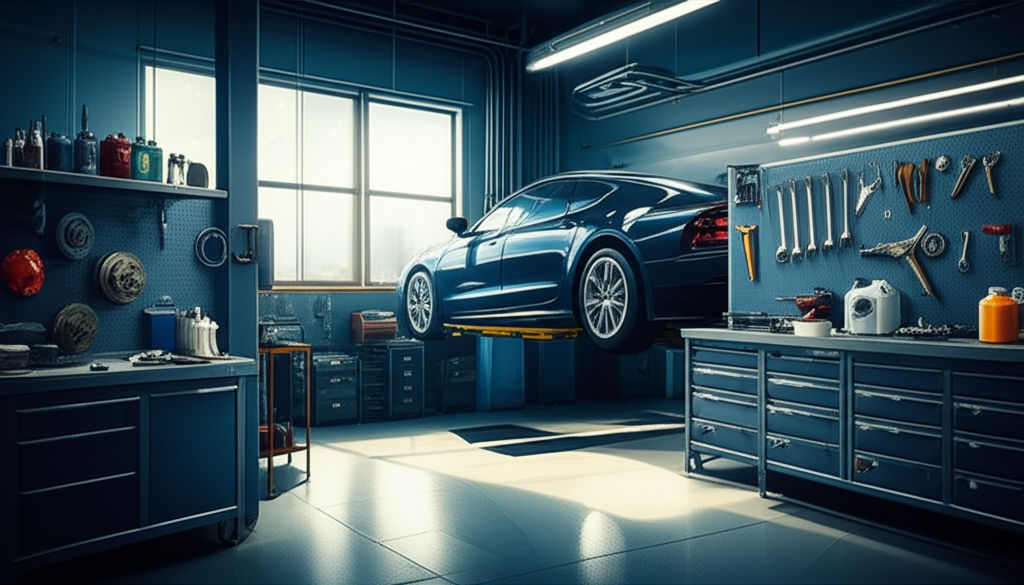
July 19, 2025
Miller Automotive Tips For Vehicle Maintenance
Miller Automotive's essential tips for vehicle longevity. Proactive maintenance ensures safety, boosts performance, and saves you money long-term.
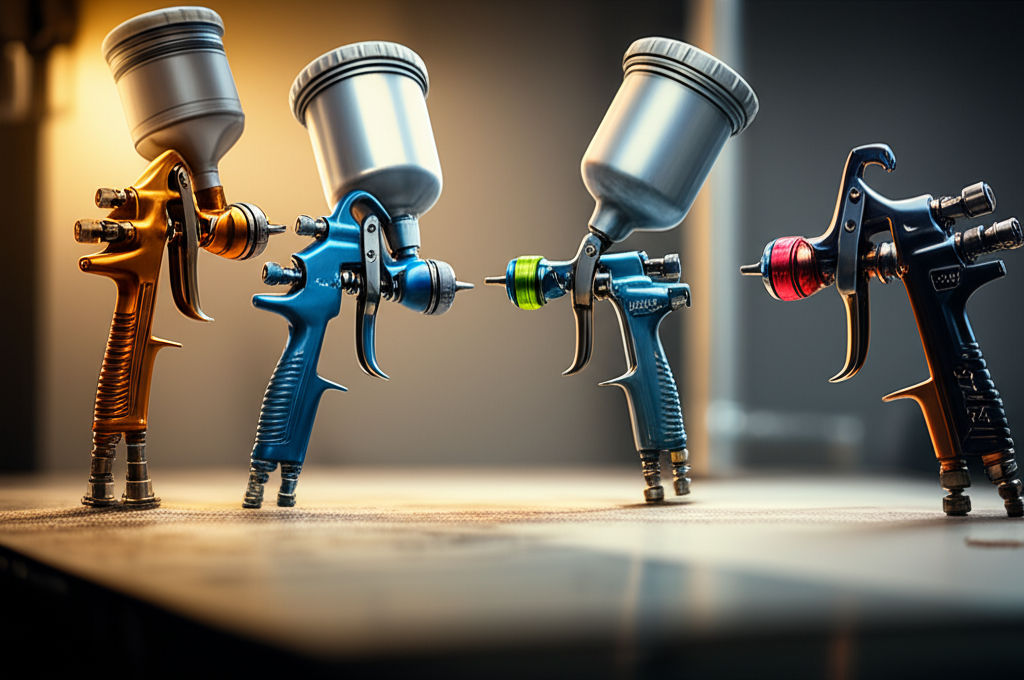
September 3, 2025
Which Automotive Paint Gun Works Best For You
Unlock flawless car paint jobs! This guide helps you choose the best automotive paint gun for stunning results, efficiency, and control. Perfect for DIYers & pr...
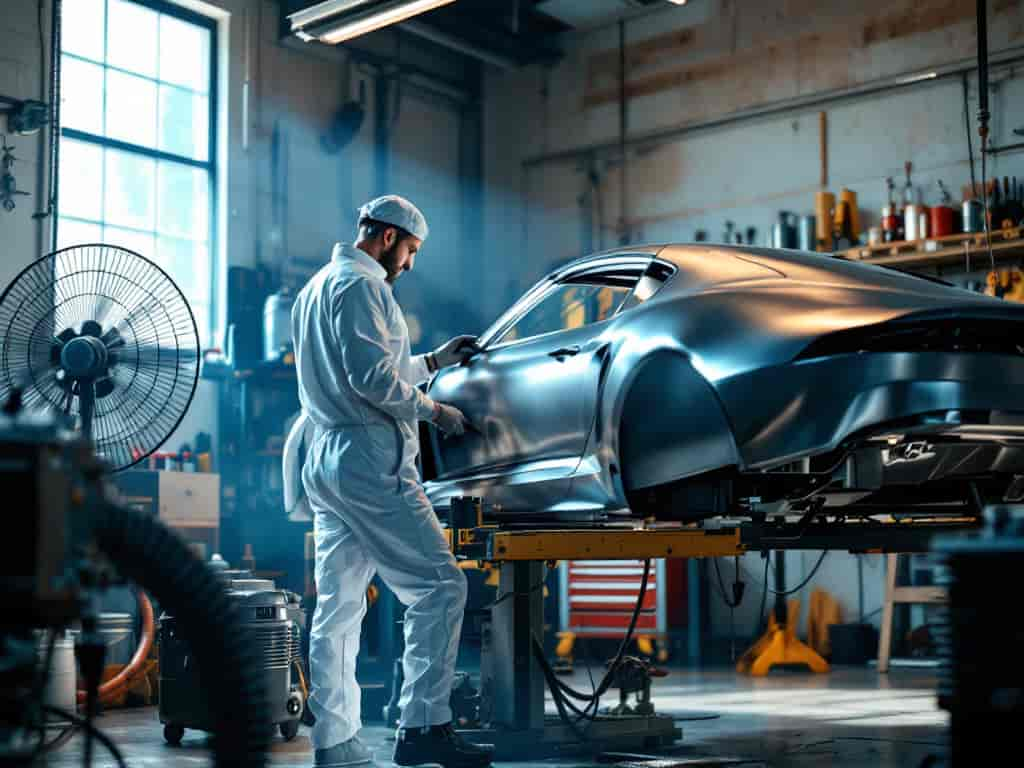
February 10, 2025
DIY Paint & Bodywork: Tips for a Flawless Finish
Learn what you need to know about DIY paint and bodywork. Get essential tips for achieving a professional-grade finish on your car at home!
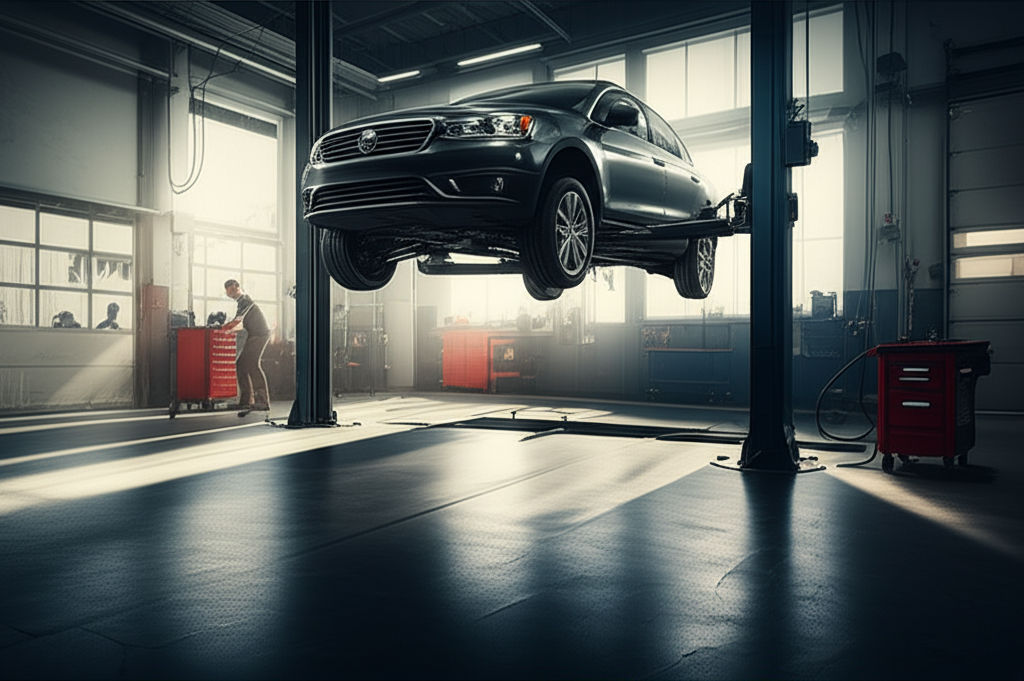
August 12, 2025
STS Automotive Denver Services You Can Trust
Searching for trusted used cars in Denver? STS Automotive specializes in affordable vehicles, including salvage titles, ensuring value & peace of mind.

July 21, 2025
Williams Automotive Care And Service Insights
Ensure a healthier, safer, and longer-lasting vehicle. Learn proactive car care insights from Williams Automotive to prevent costly repairs.
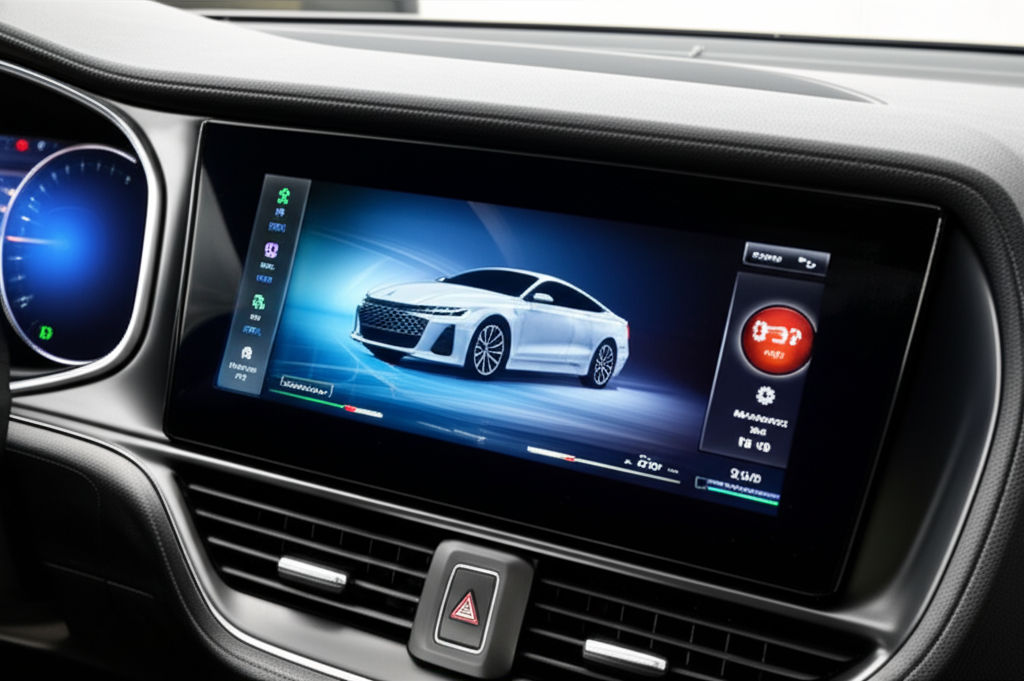
August 10, 2025
Monster Monster Automotive Smart Screen Explained
Revolutionize your drive with advanced automotive smart screens! Enhance navigation, entertainment, & safety via seamless smartphone integration.

















